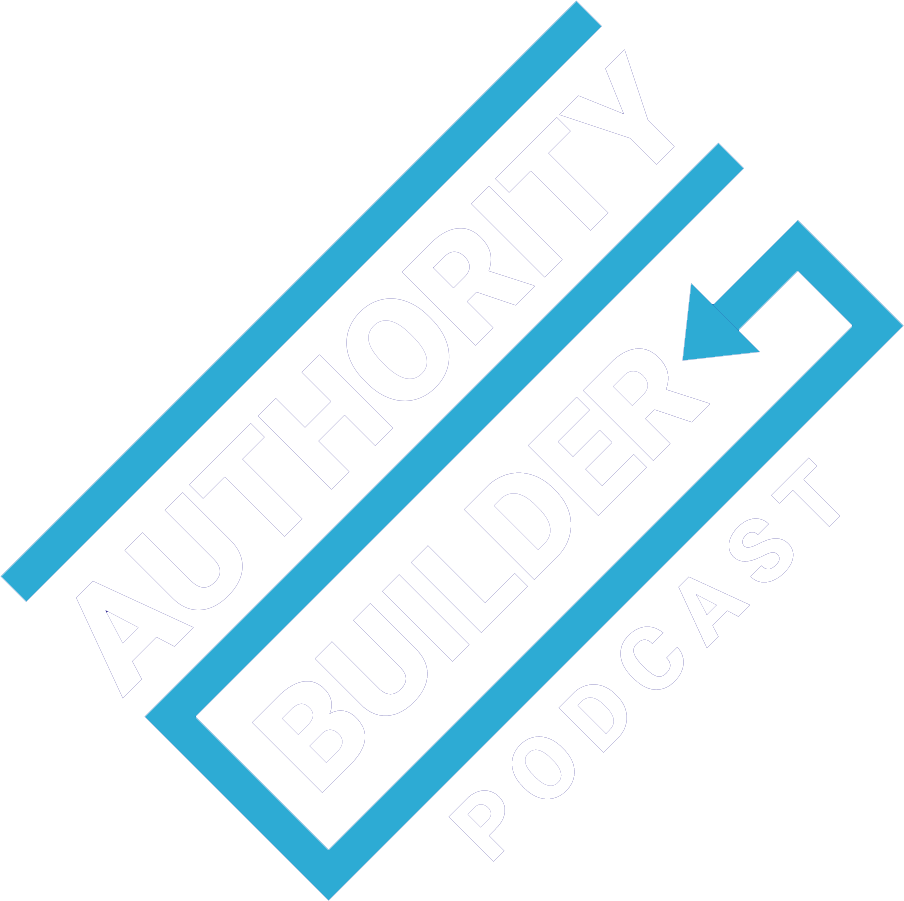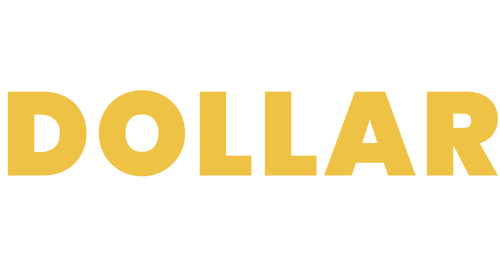You don’t have to sacrifice money to be fulfilled and make a positive impact in the world, says JV Crum, III, bestselling author, podcaster, and founder of Conscious Millionaire.
JV specializes in helping business owners go from six figures to seven figures. It’s not about working more… or taking on more clients. It takes a personal transformation and also requires a whole new way of providing your services.
We explore what that means and how to do it. It’s well worth the effort when you can work less but make more money… and even have a business you can sell for top dollar.
Listen in to discover…
- The profit potential of the world of “one to many”
- How to build an asset, not a business
- Something you can create once… but sell again and again
- What many entrepreneurs have forgotten about themselves
- And more
Episode Timeline:
00:11 Today Steve speaks with JV Crum, III. He is a 34 times bestselling author, speaker and high performance coach.
01:37 JV talks about his background and how he knew early on he was going to make money and it led to building Conscious Millionaire.
06:19 JV believes that you can learn from everything, good and bad. He gives his old trucking business as an example.
08:15 JV talks about the power that we all actually have.
09:56 JV talks about the importance of being committed to a strategy and positive mindset.
12:10 JV talks about the $1 million goalpost.
15:33 JV tells us what it looks like to take a 6 figure business to a 7 figure business.
20:47 JV talks about Rhonda Britten and the importance of only doing the things that you love to do.
26:30 JV explains that you can’t be taught to be a resourceful person, which is needed in order to get to 7 figures.
29:05 JV explains about getting into ”The Zone” and how he can train you to think that way.
34:38 JV gives us 3 ways to get in contact with him.
Mentioned in this Episode:
- Conscious Millionaire
- Consciousmillionaire.com/highperformer


